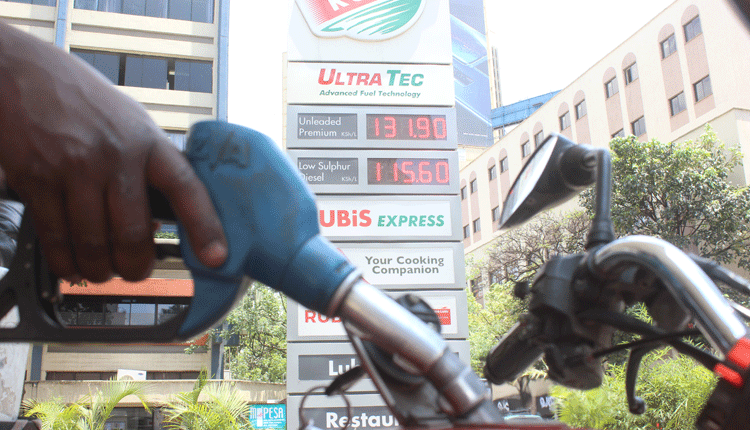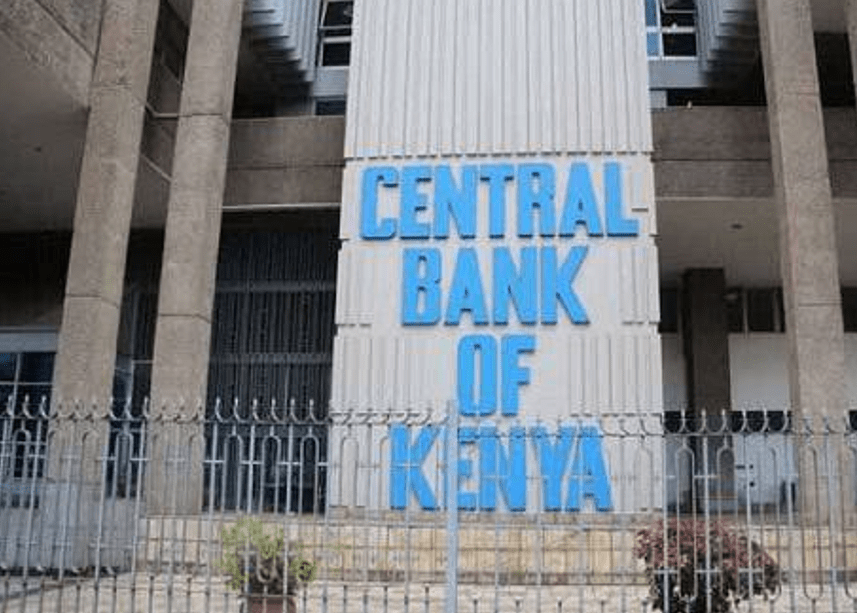Court suspends KRA’s move to increase fuel tax

It is a relief for consumers after the High Court yesterday temporarily suspended a decision by Commissioner General of the Kenya Revenue Authority (KRA) Githii Mburu to adjust excise duty rates for all petroleum products. The adjustment was to take effect on October 1.
While issuing the interim orders, Justice James Makau said petitioners have a prima facie case with a likelihood of success.
“Pending the hearing and determination of this application inter-parties, temporary conservatory orders quashing the decision by the commissioner general of the KRA to adjust rates for petroleum products effective October 1, 2021 subject to the approval by Cabinet secretary Treasury and National planning is hereby issued,” ruled Makau.
The judge issued the orders after four youth from Korogocho, Nairobi, of UFANISI Centre, petitioned the court to stop the increase.
In the case, the lobby group challenged the move to have prices of fuel go up yet again starting from October 1.
They sought the orders saying there will be real danger to Kenyans if KRA adjusts the excise duty by nearly five per cent.
On August 10, KRA announced that excise duty on petroleum and other products, including alcohol and cigarettes, would rise by 4.97 per cent from October 1, in line with average annual inflation.
Should this be implemented, a litre of petrol will rise by Sh1.09, while diesel and kerosene will increase by Sh0.566 per litre each.
Consumers will pay Sh5.77 more for a litre of beer while prices for spirits will rise by up to Sh13.20.
The price of a packet of 20 cigarettes will increase by Sh3.20 in line with the rise in excise tax from Sh66.20 to Sh69.40.
This would force manufacturers to adjust their pricing upwards to remain profitable.
Consumers will also pay more for water, a basic need, barely three months since it was hit by other taxes leading to an increase of up to Sh10 for bottled products.
They will also pay a 10 per cent excise tax on articles of plastics which affects bottles.
Water is also taxed excise duty of Sh6.03 per litre up from Sh5.70, which is among a raft of tax measures introduced under the Finance Act 2021 that manufacturers have said were not subjected to public participation.
Overtaxed Kenyans
Through their lawyer Kenneth Amondi, the petitioners say the decision by the Commissioner General to adjust excise duty rates for petroleum products, though discretionary, had been described as a burden by the already overtaxed Kenyans.
UFANISI Centre is a community-based organisation which operates within Korogocho in Ruaraka constituency.
The members of the organisation are mainly self-employed youth who rely heavily on the transport sector especially matatu and boda boda to move their merchandise to markets and to offer services.
Documents filed in court by Isaiah Odando and Wilson Yata – officials of UFANISI – claim that KRA and EPRA have ignored proper public participation before adjusting the rates of excise duty using the average inflation rate for the financial year 2020 to 2021 of 4.97 per cent as determined by the Kenya National Bureau of Statistics.
“The respondents have subjected Kenyans to heavy fuel tax notwithstanding that Kenyans are overburdened contrary to the basic principles of social justice and the economic interest of Kenyans under Article 10(2)(b), 2(2) and 46(1)(c) of the Constitution,” the petitioners argue.
The lobby group says that the government had been operating an opaque petroleum subsidy fund which had been receiving funds in billions from the Petroleum Development Levy without disclosing the regulations guiding it and circumstances under which it may be used to cushion Kenyans against fuel price hikes.
“The same was devoid of proper public participation at a time when Kenyans are reeling from the economic consequences of the Covid-19 pandemic thereby compromising the people’s entitlement to social justice,” the petitioners say.
Parliament mandate
They want the court to declare that Parliament has failed to exercise its mandate to cushion Kenyans against the effects of fuel tax by deliberately sanctioning taxes on petroleum products which now constitute more than half the price.
Also sought is an order directing KRA, EPRA, CS Treasury, CS Petroleum and the Speaker of the National Assembly to come up with clear guidelines on the management and application of monies received by the Petroleum Subsidy Fund from the Petroleum Development Levy.
According to court documents, the Senate committee on Energy had issued summons to the two Cabinet Secretaries (Treasury and Petroleum) and EPRA to appear before it today to explain why the State halted subsidies, resulting the rise of prices.
“It is unfortunate that despite expert warning and public outcry on increment of fuel prices, KRA has already issued a statement through its public notice issued on August 10 stating that the commissioner general will adjust the rates of excise duty using the average inflation rate for the 2020/2021 financial year of 4.97 per cent,” read the documents.
Petrol prices, which are at their highest in years, will increase by Sh1.09 per litre, while diesel and kerosene will increase by Sh0.566 per litre each.
On September 15, EPRA announced new retail prices which saw taxes on super petrol, commonly used by motorists, go up to Sh58.81 a litre from Sh56.42 per litre in march.
The pump prices in Nairobi are currently at Sh134.72, Sh115.60 and Sh110.82 for a litre of super petrol, diesel and kerosene respectively.
The court granted respondents in the case namely KRA, EPRA, CS treasury, CS Petroleum, CS Energy, Speaker of the National Assembly and National Assembly 14 days to file their pleadings. The case will be mentioned on October 12.












